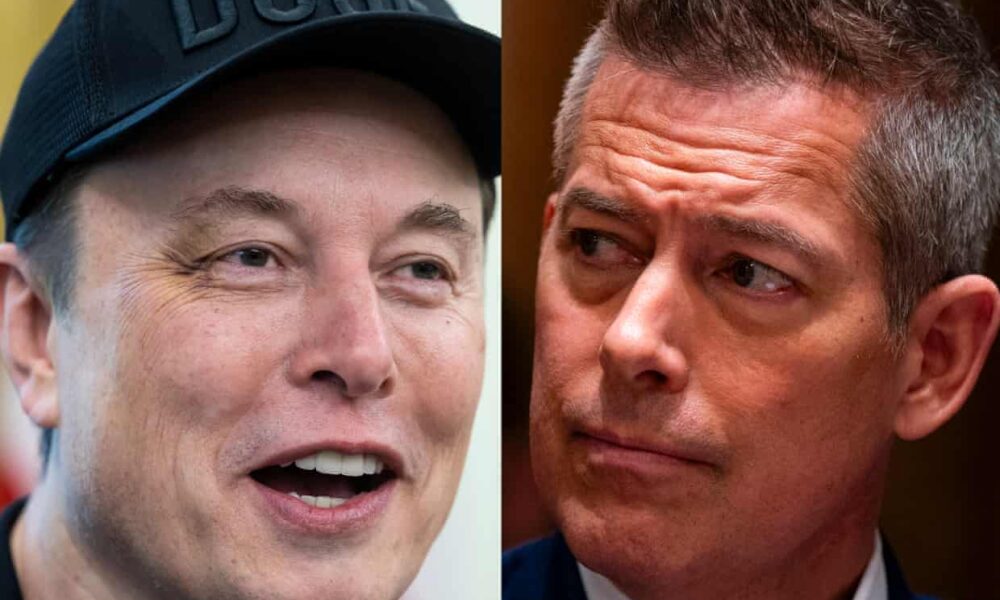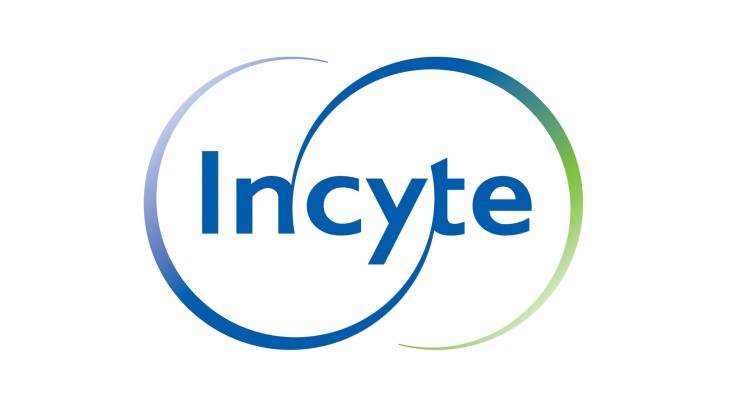Elon Musk publicly criticized Sean Duffy, the United States Secretary of Transportation, in a series of posts on X on March 15, 2024. Musk accused Duffy of attempting to undermine NASA and suggested he should be dismissed, labeling him as “Sean Dummy.” This exchange marks a significant escalation in a long-standing rivalry, particularly as Duffy also serves as the acting head of NASA, an agency crucial to SpaceX’s operations.
Musk’s comments came after Duffy announced plans to reopen contracts for NASA’s Artemis mission, which aims to return humans to the Moon. Duffy claimed that SpaceX had not met its deadlines, leading to speculation that the contract could be awarded to another company, potentially Jeff Bezos’s Blue Origin. This conflict highlights the ongoing competition in the U.S. space sector and reflects broader tensions regarding NASA’s leadership.
Duffy’s statements have reignited discussions about the leadership of NASA, an issue that has been contentious since the Trump administration. Earlier this year, Trump rejected Musk’s preferred candidate for NASA, Jared Isaacman, due to his political donations to the Democratic Party, which Trump disparagingly referred to as being associated with “blue blooded Democrats.” Duffy has advocated for placing NASA under the Transportation Department’s authority, a move Musk has openly opposed.
Musk, who previously had ties to the administration, has used his prominent platform to voice his criticisms of Duffy’s leadership. “The person responsible for America’s space program can’t have a 2 digit IQ,” Musk tweeted, emphasizing his disdain for Duffy’s management. In another post, Musk questioned Duffy’s qualifications by referencing his background as a lumberjack speed-climber, asking whether someone with such a claim to fame should oversee America’s space initiatives.
SpaceX, as NASA’s largest private contractor, has benefited significantly from the agency’s contracts, including a substantial $2.9 billion agreement in 2021 to develop a lunar lander for the Artemis 3 mission. The Artemis program, which seeks to establish a sustainable human presence on the Moon and eventually reach Mars, has faced multiple delays. NASA’s plan to orbit astronauts around the Moon is now slated for no earlier than 2026.
The Artemis program originated during Trump’s first term, intending to land astronauts on the Moon’s south pole by 2024 and establish a human presence by 2028. The program represents a pivotal aspect of U.S. ambitions in space exploration, an area where Musk has long been a vocal advocate, particularly for Isaacman’s candidacy to lead NASA.
As the rivalry between Musk and Duffy unfolds, it remains to be seen how these public disputes will influence NASA’s future direction and the broader landscape of commercial space exploration in the United States.







